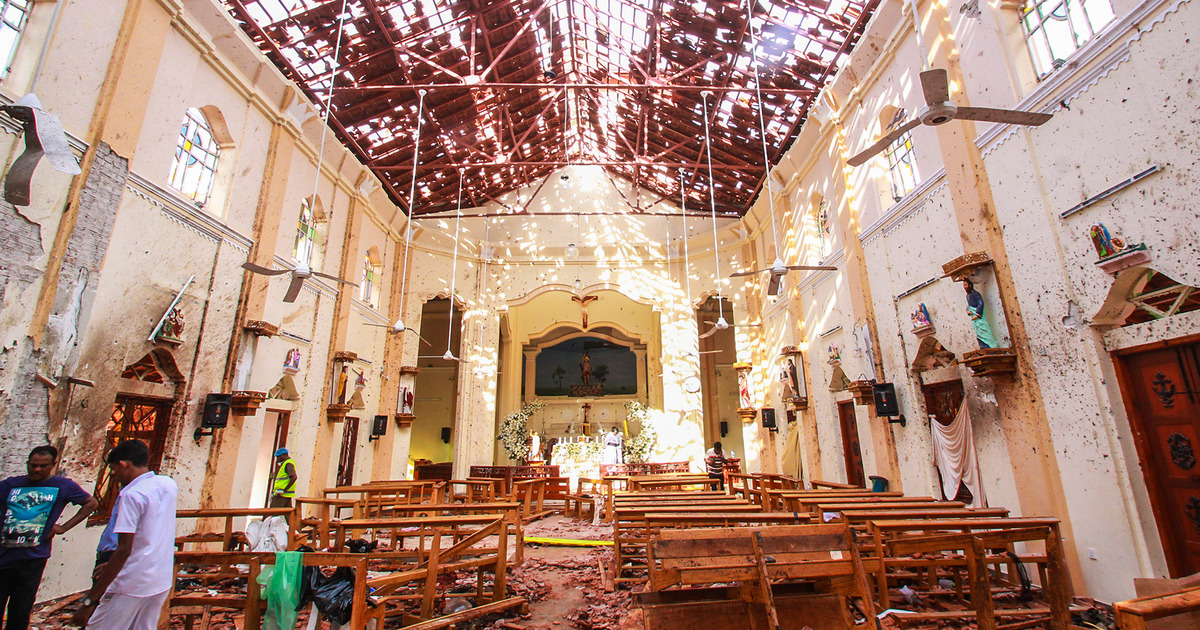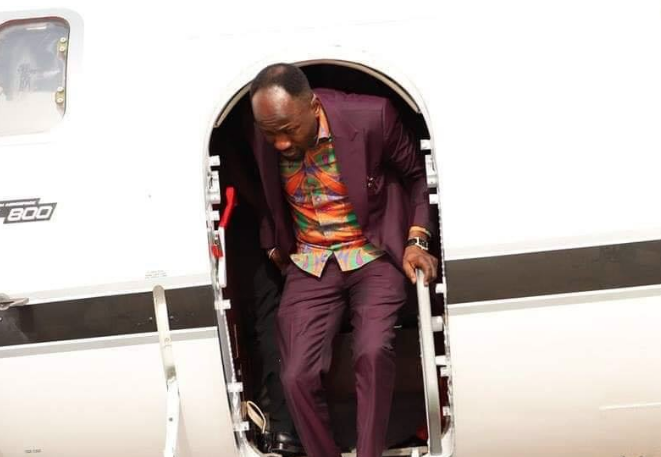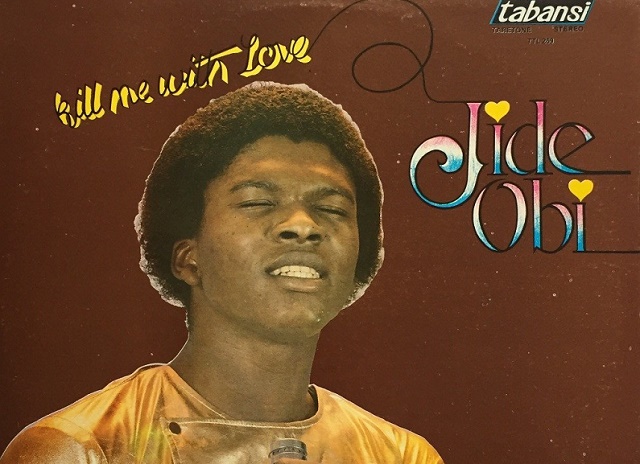The Islamic State has claimed responsibility for the suicide bombings which led to deaths of 310 persons in Sri Lanka.
Suicide bombers struck in churches and hotels in the country on Easter Sunday.
In a statement carried by the extremist group’s mouthpiece Amaq, the group said it targetted Christians and Sri Lanka citizens.
“Those, who carried out the attack that targeted the citizens of the coalition and Christians in Sri Lanka the day before yesterday were Islamic State fighters,” Amaq reported on Tuesday.
Advertisement
The statement referred to the US-led coalition, which has been fighting the extremist group in Iraq and Syria since it took over large areas in the two countries in 2014.
The death toll from multiple suicide attacks at churches and hotels in Sri Lanka over the Easter weekend rose to 321 on Tuesday, the national day of mourning for the victims.
Police said that the increase was due to more people succumbing to injuries.
Advertisement
The bombings in Sri Lanka were intended as retaliation for last month’s attack against Muslims in Christchurch, according to initial investigations by the Sri Lankan government, the deputy defence minister said.
“We believe [the massacre] was carried out by an extreme Islamist group as a reprisal to the Christchurch mosque massacre in New Zealand,” Ruwan Wijewardene, minister for defence, in a statement to parliament.
“This group is known to have links to an organisation named National Thowheed Jamath. We should take immediate steps to ban any such organisation that have links to extremist elements.”
Wijewardene’s comments came as security forces and police searched the capital for a lorry and a van fitted with explosives identified by police in an intelligence report.
Advertisement
“The search is in progress, but nothing suspicious has been found so far,” a police officer said.
Police checked several motorcycles, cars, unattended parcels and other locations.
The UN Children’s Fund (UNICEF) said in Geneva that 45 children were killed and dozens were injured in the suicide attacks.
“No child should experience such a heartbreaking situation and no parents should lose their child forever under such horrible circumstances,” UNICEF spokesman Christophe Boulierac said.
Advertisement
Three minutes of silence were observed as more funerals of those killed in Sunday’s attacks took place.
Black and white flags were also raised in most towns as symbols of mourning. The country has been under a state of emergency since late Monday.
Advertisement
High security was being maintained in Colombo and in Negombo, 35 kilometres bombings north of the capital, where a mass burial took place close to a church where more than 110 people were killed.
The state of emergency gives security forces special powers, including the right to search and arrest individuals.
Advertisement
Add a comment






